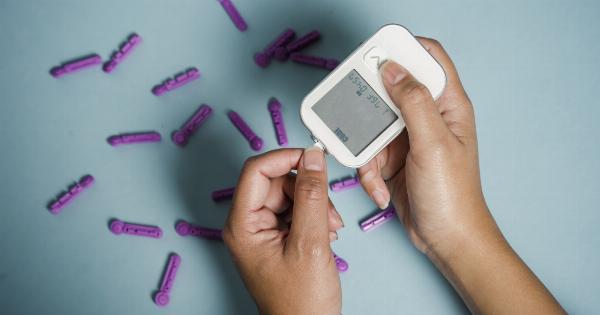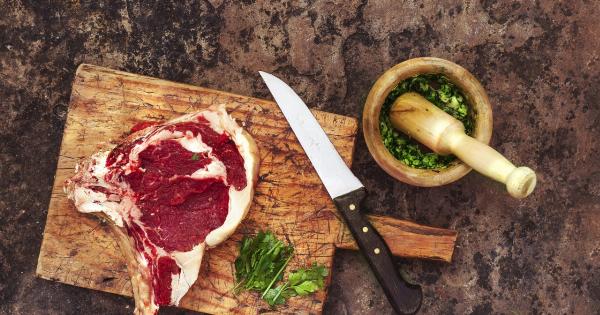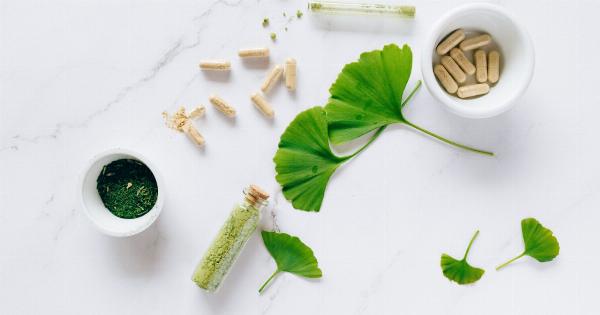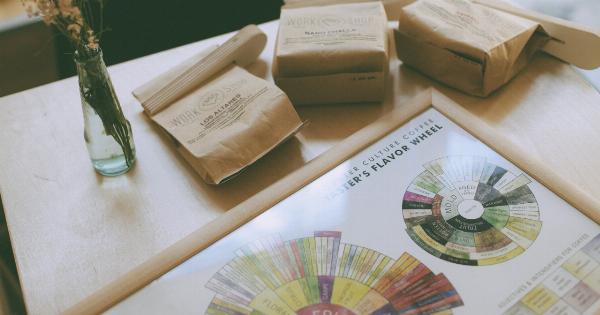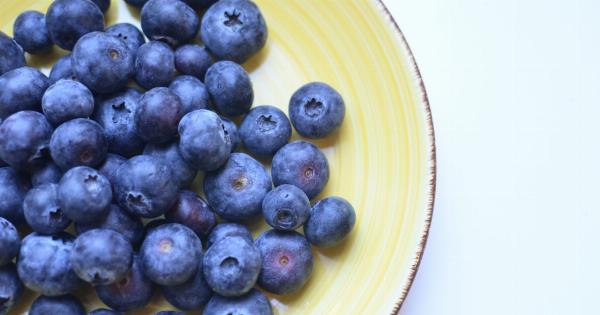Diabetes is a chronic condition that affects millions of people worldwide. It occurs when the body is unable to properly regulate blood sugar levels, leading to elevated glucose levels in the bloodstream.
While there are medications available to manage diabetes, many individuals are turning to natural remedies, such as glucose-regulating herbs, to help protect against the development of this condition. In this article, we will explore some of the most effective herbs for diabetes prevention and learn how they can be incorporated into your daily routine.
The Role of Glucose-Regulating Herbs
Glucose-regulating herbs have been used in traditional medicine for centuries to support healthy blood sugar levels. These herbs work by enhancing insulin sensitivity, increasing glucose uptake by cells, and reducing insulin resistance.
Incorporating these herbs into your diet and lifestyle may help improve your body’s natural ability to control blood sugar levels, reducing the risk of developing diabetes.
Cinnamon: Nature’s Sweet Spice
Cinnamon is a popular spice known for its rich flavor and fragrant aroma. Beyond its culinary uses, cinnamon has also been studied for its potential health benefits, particularly in diabetes prevention and management.
Cinnamon contains bioactive compounds that mimic insulin and help stimulate the absorption of glucose into cells. It may enhance insulin sensitivity and reduce fasting blood sugar levels, making it an excellent addition to your diabetes protection toolkit.
Turmeric: The Golden Herb
Turmeric, a vibrant spice commonly found in curry dishes, is renowned for its anti-inflammatory properties. However, recent studies have indicated that turmeric may also play a role in maintaining healthy blood sugar levels.
The active compound in turmeric, called curcumin, has been shown to improve insulin sensitivity, reduce insulin resistance, and lower blood glucose levels. Incorporating turmeric into your diet, either through cooking or as a supplement, may contribute to diabetes prevention.
Gymnema Sylvestre: The Sugar Destroyer
Gymnema Sylvestre is an herb native to India and parts of Africa. It has been used in traditional Ayurvedic medicine for its anti-diabetic properties.
Gymnema Sylvestre is believed to help regulate blood sugar levels by inhibiting sugar absorption in the intestine, increasing insulin production, and promoting healthy pancreatic function. Some studies have shown promising results in reducing blood sugar levels in individuals with type 2 diabetes. Consider incorporating Gymnema Sylvestre into your diabetes prevention regimen under the guidance of a healthcare professional.
Fenugreek: A Powerful Seed
Fenugreek is a plant widely used in Indian cuisine and traditional medicine. It has demonstrated several beneficial effects on blood sugar control, making it a popular choice for individuals looking for natural remedies for diabetes prevention.
Fenugreek seeds contain soluble fiber, which can slow down the absorption of carbohydrates and help regulate blood sugar levels. It may also improve insulin sensitivity and reduce fasting blood glucose levels. Including fenugreek in your diet, either by consuming the seeds or as a supplement, may contribute to better blood sugar control.
Ginger: A Zesty Root
Beyond its culinary uses, ginger also offers potential benefits for diabetes protection. Ginger has been shown to improve insulin sensitivity, reduce insulin resistance, and lower fasting blood sugar levels.
Its anti-inflammatory properties may also help protect against complications related to diabetes. Adding ginger to your meals or enjoying a cup of ginger tea can be a simple way to incorporate this herb into your diet and potentially reduce your risk of developing diabetes.
Bitter Melon: A Unique Veggie
Bitter melon, also known as bitter gourd, is a unique vegetable that has long been recognized for its medicinal properties. It is commonly consumed in Asian countries and is believed to have blood sugar-lowering effects.
Bitter melon contains compounds that mimic insulin, helping to improve glucose uptake by cells. It may also stimulate the production of insulin and increase insulin sensitivity. While bitter melon may not be readily available in all regions, it can often be found in Asian grocery stores or purchased as a supplement.
Ginseng: An Ancient Herb
Ginseng has a rich history in traditional medicine and is renowned for its adaptogenic properties. In recent years, ginseng has also been studied for its potential role in diabetes prevention and management.
Some studies suggest that ginseng can help improve glucose metabolism, enhance insulin sensitivity, and reduce fasting blood sugar levels. While more research is needed to fully understand its mechanisms, incorporating ginseng into your routine may offer additional protection against diabetes.
Holy Basil: Sacred and Medicinal
Holy basil, also known as tulsi, is a sacred herb in Ayurvedic medicine. It has been revered for its numerous health benefits, including its potential role in diabetes prevention.
Holy basil contains compounds that may help lower blood sugar levels, improve insulin secretion, and reduce insulin resistance. Drinking tulsi tea or incorporating holy basil leaves into your diet may provide added support for maintaining healthy blood sugar levels.
Bilberry: Berry Good for Diabetes Protection
Bilberry, a close relative of the blueberry, is a berry packed with potent antioxidants. These antioxidants have been shown to help protect against chronic diseases, including diabetes.
Bilberry extract may help improve glucose metabolism, reduce blood glucose levels, and enhance insulin sensitivity. It may also help protect against complications associated with diabetes, such as diabetic retinopathy. Incorporating bilberry into your diet, either through fresh berries or as a supplement, may offer valuable support for diabetic individuals.
Conclusion
While the use of glucose-regulating herbs may offer potential benefits for diabetes prevention, it is essential to remember that they should not replace medical treatment or advice.
It is always advisable to consult with a healthcare professional before incorporating any new herbs or supplements into your routine, especially if you have an existing medical condition or are taking medications.
That being said, adopting a healthy lifestyle, including a balanced diet, regular exercise, stress management, and incorporating these glucose-regulating herbs, may help support your body’s natural ability to regulate blood sugar levels and protect against the development of diabetes.

